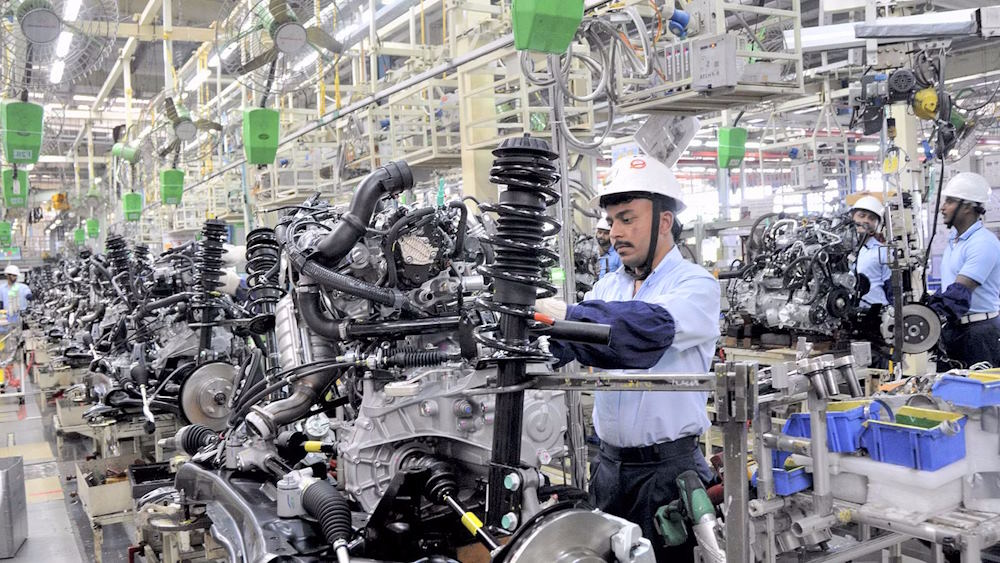
The landscape of Indian manufacturing is undergoing a profound transformation driven by the rapid growth of e-commerce. This shift is reshaping traditional supply chains, ushering in a new era where the convergence of manufacturing and online retail is redefining the way products are produced, distributed, and consumed. As e-commerce continues to penetrate even the remotest corners of the country, the manufacturing sector is presented with both challenges and opportunities.
The Transformative Role of E-commerce in Supply Chains
In the ever-evolving landscape of supply chains, the emergence of e-commerce has played a transformative role, reshaping traditional models and revolutionizing the way products reach consumers. One of the significant shifts facilitated by e-commerce is the adoption of direct-to-consumer (DTC) models. By eliminating intermediaries, manufacturers can optimize their supply chains, decreasing the time and resources needed to send products to end-users, just as with send money from Sweden to India. This not only accelerates the speed of delivery but also allows for a more personalized customer experience, where products are tailored to individual preferences.

Moreover, the integration of advanced technology has become a cornerstone of modern supply chains. Real-time tracking and demand forecasting tools enable manufacturers to gain valuable insights into consumer behavior, inventory levels, and delivery statuses. This data-driven approach enhances the accuracy of inventory management, reducing wastage, and ensuring products are available when and where they are needed most. The seamless coordination enabled by technology ensures that supply chains remain responsive and agile in a rapidly changing market.
E-commerce has also spurred a surge in demand for customization, posing both challenges and opportunities for production processes. As consumers seek unique and personalized products, manufacturers are reimagining their production lines to accommodate individualized orders. This demand for customization has led to the rise of flexible manufacturing techniques and rapid prototyping, allowing manufacturers to efficiently create tailored products without compromising efficiency.

Benefits of Reshaped Supply Chains
The convergence of e-commerce and manufacturing has not only revolutionized supply chain dynamics but also brought forth a multitude of benefits that are reshaping the way businesses operate in the modern era.
Firstly, the reshaping of supply chains through e-commerce integration has led to reduced operational costs and heightened efficiency. By eliminating unnecessary intermediaries and optimizing processes, manufacturers can streamline their operations, minimizing overheads and improving resource allocation. This efficiency not only translates to cost savings but also enhances overall productivity.
Secondly, the marriage of e-commerce and supply chains has greatly enhanced the customer experience.
Furthermore, the reshaped supply chains powered by e-commerce have opened doors for local manufacturers and small businesses to access a broader market. The digital landscape allows even the smallest enterprises to showcase their products to a global audience, leveling the playing field with larger competitors. This democratization of market access can invigorate local economies and foster innovation within regions.

 Our team of professionals specializes in developing tailored strategies and implementing effective solutions to streamline your business operations and enhance factory production. We believe that a well-organized and optimized workflow is the foundation for achieving operational excellence and improving overall productivity.
Our team of professionals specializes in developing tailored strategies and implementing effective solutions to streamline your business operations and enhance factory production. We believe that a well-organized and optimized workflow is the foundation for achieving operational excellence and improving overall productivity.